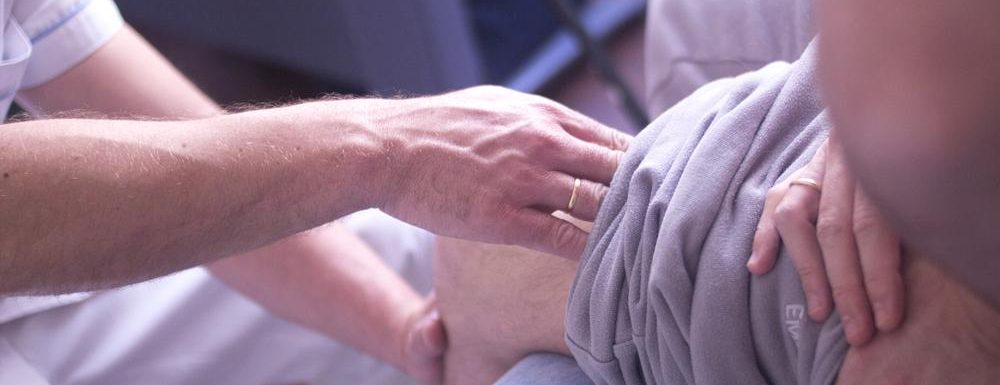The family plays an integral part in a patient’s recovery process. They could be the reason for a patient to recover quickly. Families need to understand how to support a patient. They must be “all in” when it comes to the recovery process.
Here are ways to encourage family to be involved and help in a patient’s recovery process.
Let the Family Know the Seriousness of the Condition
The sooner the family knows about your patient’s current medical condition, the more they can be involved in the recovery process.
- The recovery process of a patient usually includes new treatment plans, and it is important that the family knows about these.
- Keeping the family in the loop regarding these new treatment plans can also prevent any issues from arising.
- The family must know what kind of treatment the patient is having. It also helps open up a discussion among the family members to find out about their different perspectives about the patient’s treatment plan.
- “Healing” may also involve sharing information about the outside elements affecting your recovery, such as a potential lawsuit. You may click here to know more information about accidents that may have resulted to your injuries and their legal implications.
- You want to share valuable information with your patient’s family so that all of you can move forward together and heal as a unit.
Always Keep in Touch With Your Patient’s Family and Vice Versa

The patient should always be in touch with his/her family. The patient can be preoccupied with his/her treatment, and it can be very tough for them when they start to miss their loved ones, especially if they have a lot of free time. The same can also be said for the family. They, too, have to remain in touch with their loved one, especially if the patient is getting treatment from a different place.
- Making a phone call home on a frequent basis can relieve homesickness and feelings of being alone. You can use this time to let them know how your patient’s treatment is going.
- Hearing the voices of your loved ones can help strengthen anyone’s outlook or resolve. Your patient may also share with them how far he or she has come with treatment and what has been doing so far, as this will help open additional ways in which they can offer their support.
Encourage Family to Participate in Family Therapy Sessions
If a patient’s family has become dysfunctional or divided as a result of the patient’s current condition, asking them to participate in a family therapy session can help make the family become one again.
- Family therapy sessions encourage the family to adapt accordingly to the patient’s current condition and provide them with positive ways to support the patient.
- Family therapy also brings about positive changes to the family especially on their different perspectives of the patient’s current condition.
Let Family Know the Importance of Their Involvement in Recovery

It should be clear to the family that their involvement is crucial to the patient’s recovery process. It’s tough for the family to do the things they want to do to show their support for the patient if they don’t know the importance of their efforts.
If for instance your patient has suffered burns, then it’s important to know the potential repercussions of the condition.
- Validate the family’s involvement in the recovery process. This way the family will be able to perform their specific roles in the patient’s recovery process properly and consistently.
- It is also important to acknowledge the family’s contribution to the recovery process of the patient. Every effort they make should be appreciated because it will give them a level of reassurance that everything they are doing is for the benefit of their sick loved one.
- If the family’s efforts are not appreciated, this could have an effect on their collective well-being and their ability to provide standard of care to their sick loved one will also be affected.
Look for Signs of Distress in the Family

It is important to take note of family members who are taking care of a sick loved one. Be sure they are not having emotional, physical, and psychological problems on their own at the same time. You can’t allow a distressed family member to watch over a patient, because they won’t be able to provide standard of care.
- There are families who become too distracted about what happened to their loved one, which makes it hard for them to adapt to the situation and recuperate.
- If there are signs of distress in the family, try a couple of appropriate interventions that help promote self-care for the benefit of each family member.
- You can also try to emphasize the importance of having quality life so they can be of help in their sick loved one’s recovery process.
The family can suffer during the recovery process. It’s tough for them to see what’s happening with their sick loved one and to know they can’t do much to alleviate the patient’s pain and suffering.
But with proper guidance and encouragement, the family can be of great help to the patient in the recovery process. The family plays a big role in the recovery of a patient, which is why you must encourage them to remain involved and appreciate their efforts every single time.

Leave a Reply